Drupal Security Tips

Drupal is quite secure from the start. Admittedly, I don't have deep experience with the Drupal content management system (CMS). I've only used it for testing features and comparing workflows to other website builders and applications. I like the Burndown kanban Drupal module. I know enough to help a new Drupal site owner who understands the importance of being proactive with website security. Below are some basic security recommendations.
Black Entrepreneurs, What if Shopify Goes Down?

This is not an inside scoop. It is a hypothetical case.
If you actively work on information security (InfoSec) at any point, you'll end up working on a disaster recovery (DR) and business continuity (BC) plan to maintain operations when the unexpected happens. You'll likely improve your system backup process or add security features. Hopefully, you at some point realize address the need for a backup plan in case your primary IT solution shuts down permanently.
Black Owned Businesses Need to Do These Things

I've learned a lot about how black entrepreneurs approach digital marketing since starting to support black-owned businesses, starting with D'iyanu, a few years ago. After purchasing products from over a dozen black-owned small businesses, I've realized some common mistakes that I'd like to share with everyone. I hope this helps small and medium-sized business (SMB) owners rethink how they approach digital marketing.
Bashblog Security

You're likely thinking one of the following:
- There's not much to securing a static site generator (SSG)
- The writer is spilling all their secrets
- What is Bashblog?
Yes, Bashblog is a static site generator. No, there isn't much to securing the Bashblog SSG by default. But embedded code and man-in-the-middle (MITM) attacks can cause vulnerabilities. You still have to harden the web server, especially if you run other services on your system. And to be fair, everything I mention below is public knowledge, if you know where to look. I'm going to show you where to look.
Why Web Accessibility is Important
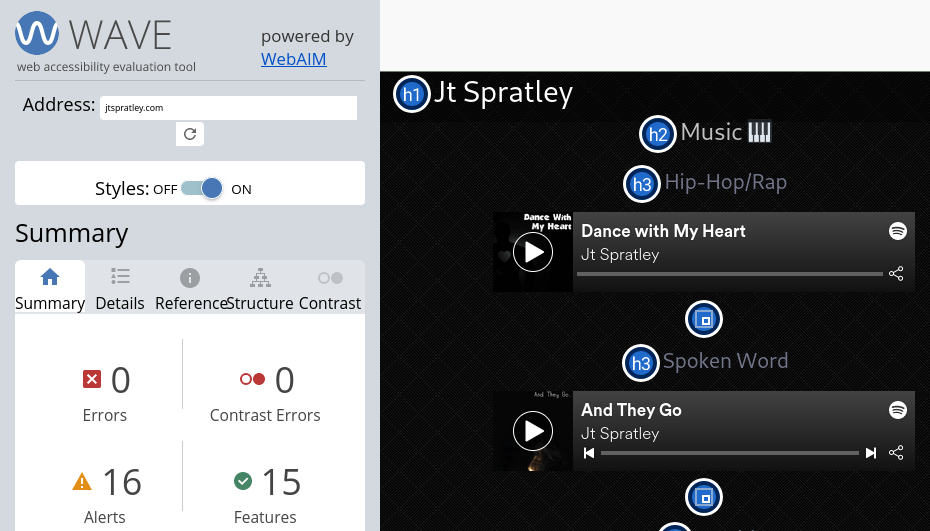
Web accessibility is about ensuring your content can be consumed by individuals with disabilities related to sight, hearing, speech, and motor functions. Quick examples of features that make content more accessible:
- Subtitles and closed captioning (CC)
- Text-to-speech apps and services
- Color inverting (e.g dark mode)
- Firefox Reader View
WordPress Security Tips
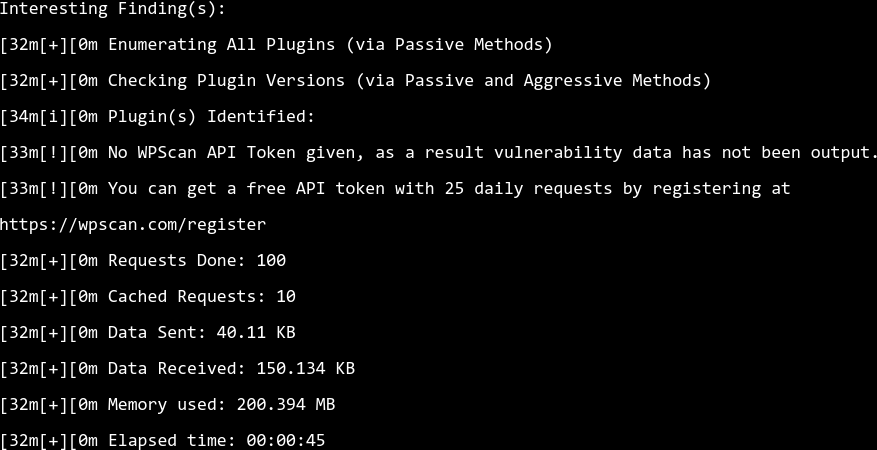
I know quite many people who love WordPress. I'm talking the self-hosted WordPress.org website builder you have to install on a web hosting server, not WordPress.com. But I don't hear them talk much about WordPress security.
I've mentioned some of the stuff below in other blogs about my favorite WordPress plugins and unnecessary plugins. And I don't want this to be verbose. So I'll try to keep everything straight-forward for newbies.
Free cPanel Alternatives

For those who only use website builders like Wix, Squarespace, Weebly, Shopify, and WordPress.com, cPanel is a control panel application for managing web server functions - files, DNS records, SQL databases, email, security protocols, etc. It's the most popular option for managed server hosting plans with web hosting companies - HostGator, GoDaddy, SiteGround, etc. - using the Red Hat-based CentOS Linux distribution.
cPanel changed their pricing structure to "tiers" per how many cPanel accounts you used within a single web server in 2019. This affected the costs for everyone on managed reseller and virtual private server (VPS) hosting plans with WebHost Manager (WHM) and multiple cPanel accounts (because such users will many times resell web server space to their own customers). It also reminded me that cPanel is proprietary software and I'd been working toward using mostly free open source software (FOSS) for years. This brought a few questions to mind:
My Favorite Falkon Web Browser Features
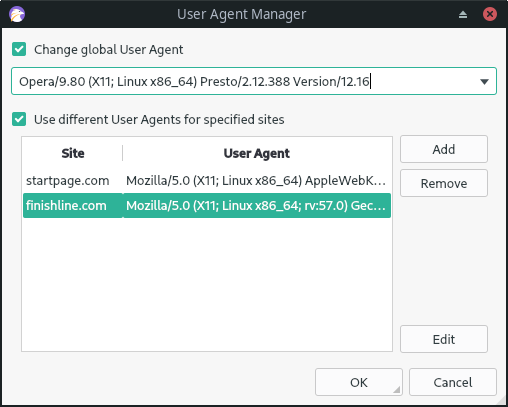
Falkon, formerly known as Qupzilla, is a Chromium-based web browser for the KDE desktop environment (DE). Qupzilla was buggy and crashed at random when I tried it as a Linux newbie years ago. Falkon is a stable browser that makes compliments my needs for privacy and user experience (UX). I recommend it for anyone looking to try something new. Below are my four favorite Falkon browser features and extensions.
Matomo Analytics is Great-After I Remove Cookies
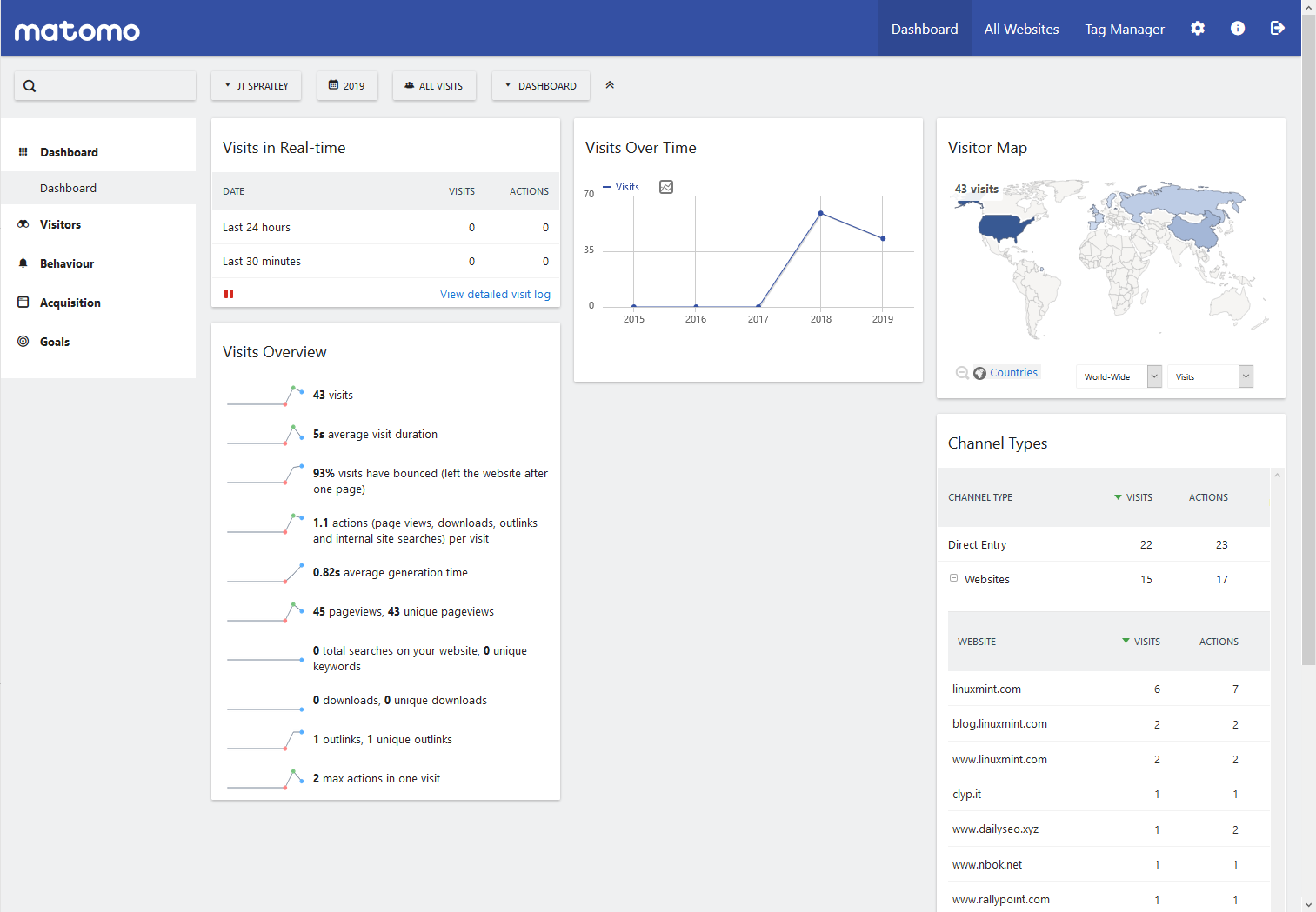
When I started looking into ways to improve visitor's privacy on my websites, I found 2 mysterious cookies with my browser developer tools (browser tab). When I looked them up, a WordPress GDPR plugin forum stated they were from Matomo Analytics. I confirmed the names of the cookies with Matomo's FAQ page: What are the cookies created by Matomo JavaScript Tracking client?
5 Best WordPress Plugins For My Goals
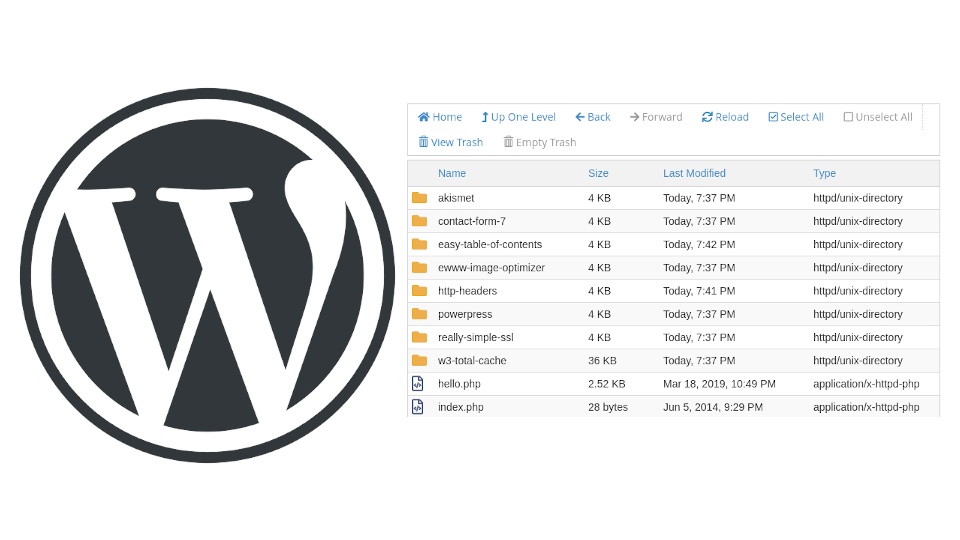
I’ve played with a lot of WordPress plugins. Some were good for convenience. Some were made obsolete with Gutenberg. Some became favorites as I learned how to integrate WordPress with so many different projects – podcasting, forums, school projects, web development, etc.
Below are 5 WordPress plugins I love and why.
Website Improvements-Privacy Policy

First published on July 3, 2015
If I’m going to do something, I want to do it right. With the help of many domain scanners, I plan to achieve the standard of much fewer coding and regulation errors. My first step is adding a privacy policy that specifically states in a professional manner “I’m not invading your privacy.” Power Mapper pointed this out to me.
Upscale Your Pictures a Better Way With Waifu2x

First published on July 20, 2015
Before I found this site, when I needed a larger resolution photo to meet a width and height, I’d simply stretch the photo in MS Paint or PicPick. Since my Samsung Galaxy S4 Zoom takes large resolution photos, I only have to do this with pictures I collect from other sources.
Start Your Own Blog

First published on July 15, 2015
I just wanted to say thanks to an old blog post on the now nonexistent Christian Personal Finance (ChristianPF.com) and an old blog post no longer on SaveTheStudent.org for providing me the needed resources to start this site.
Language Translation Support

First published on August 9, 2015
Thanks to GTranslate, you can read Go Live Lively in many other languages besides English. If there are any issues with the translation, please feel free to let me know. Thanks and enjoy.
5 Things I Learned from Using Google Ads

First published on September 19, 2016
Adsense / Google Ads
Web Development Improvements in 2019
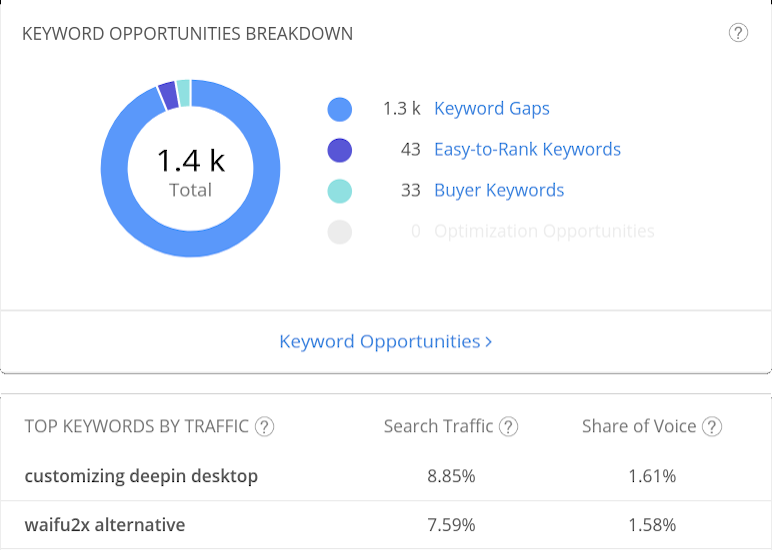
First published on December 30, 2019
I’ve only written one IT blog here in 2019. But I’ve been doing a lot of work behind the scenes to improve my websites. Most of these changes don’t affect the average user experience (UX) noticeably, but they help my personal brand overall.
10 Things I learned from Using Google Analytics

First published on August 1, 2016
Google Analytics was the first analytics service I used on my blog. Keep in mind I’m not an experienced professional in any relative field and this is NOT meant to sway your opinion of the analytics service . . . much.
10 Things I Learned From Using Clicky Analytics
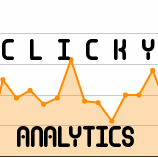
First published on September 5, 2016
While looking to switch from Google Analytics, I found Clicky from somewhere I don’t remember.
Note: I’m no experienced professional in any relative field and this is NOT meant to sway your opinion of the analytics service . . . much.
5 Reasons to Try Project Wonderful

First published on November 14, 2016
As stated in Music Production Lessons in 2018, Project Wonderful shut down in 2018. There are alternatives listed on SaaSHub.com. Please contact me if you find a good alternative.
I found Project Wonderful while reading the Questionable Content web-comic a few months ago. Once I learned a few valuable lessons from using Google Ads, I wanted to find something better. I had Project Wonderful ads to use in three short steps:
- Create a profile with what your website is about
- Make a few ad “boxes” with specified size options and tags you want to apply to individual boxes
- Copy and paste the HTML code into the site





